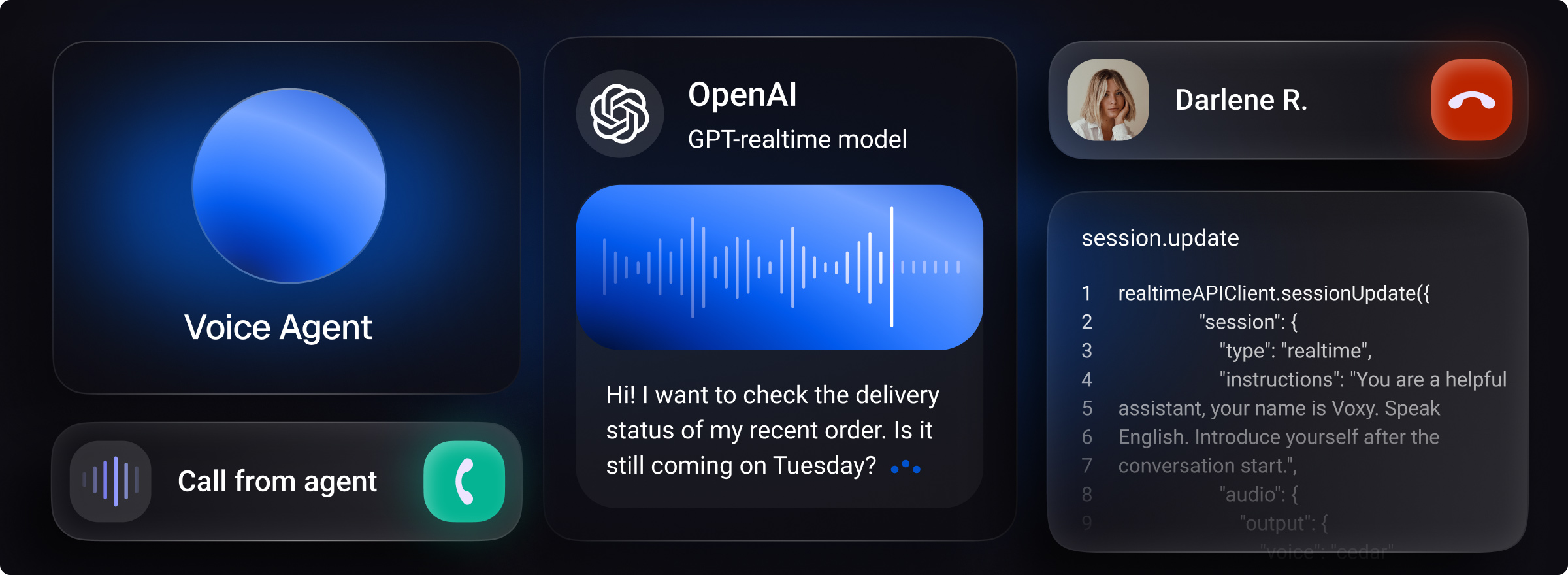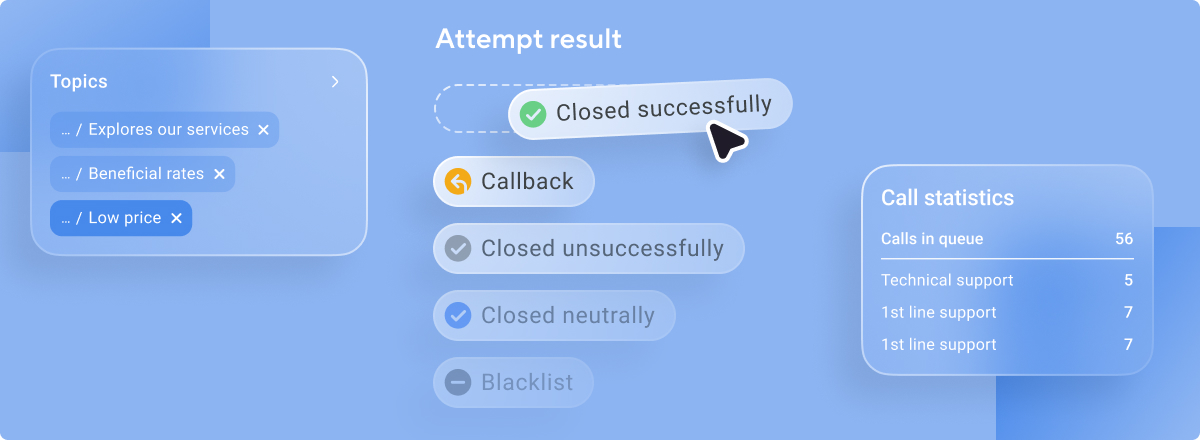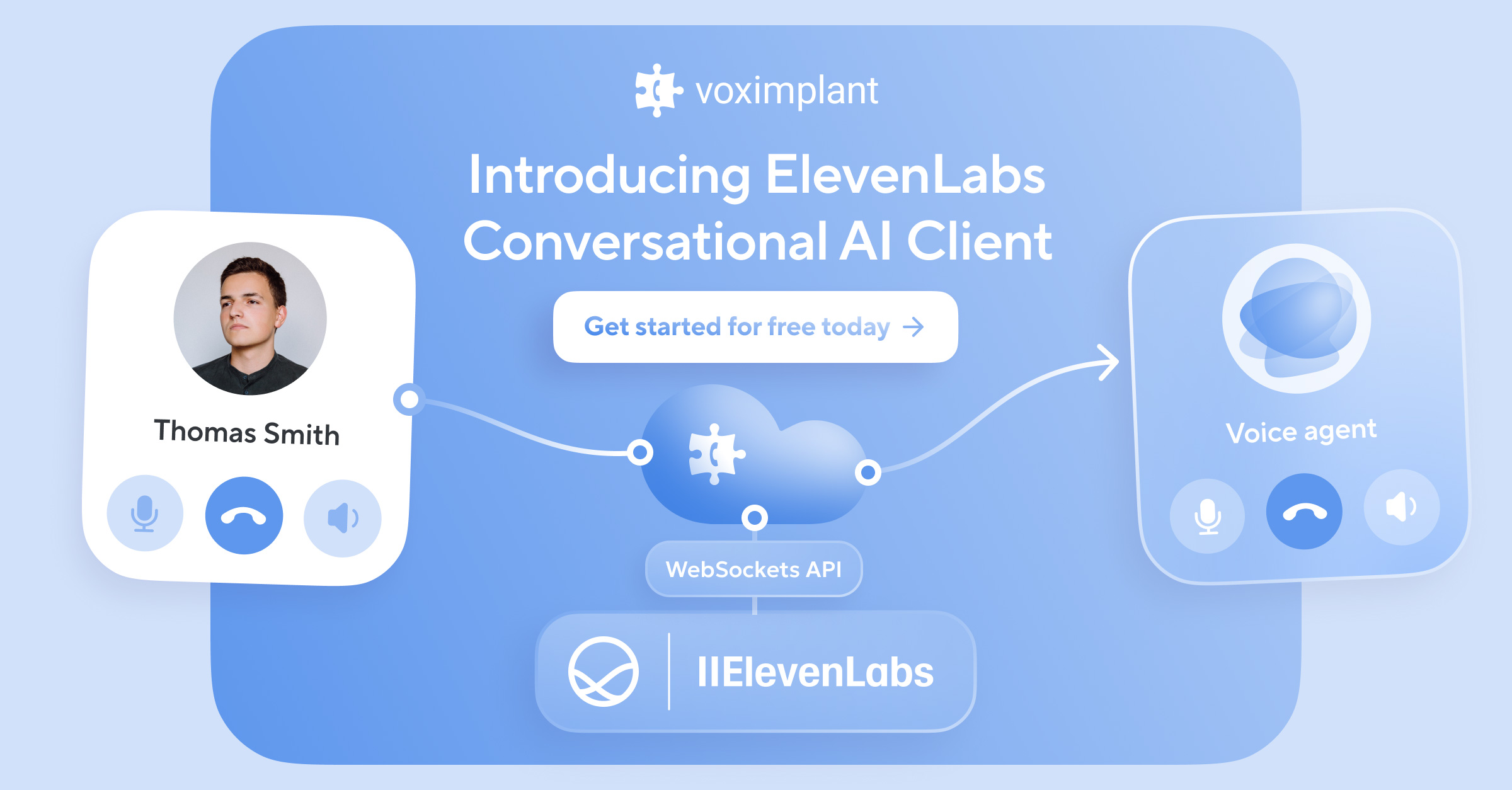Voicebots can lift the load off human operators for any business. In these six sectors, they are a must if you want to trump your competition.
What Is a Voicebot?
The idea of voicebots dates back to voicemail. Voicemail performs a simple task: tell the caller that you are away, suggest leaving a message and record that message. It is a useful tool for personal use, but your customers don’t love to talk to voicemail.
But voicemail is not a voicebot.
As technology moved forward, keypad menus emerged. With keypad menus, a voice recording explains your options as a caller and what number you need to hit for each option. Many businesses have adopted this technology to lift the load from their call centers, and it is still alive. Yet almost everybody hates keypad menus, including your customers.
But a keypad menu is not a voicebot either.
Siri, Alexa, Cortana and Google Assistant were the next step. They can understand, specify and act on voice commands. However, these apps live on your device and act as personal or voice assistants rather than call responders.
So neither personal assistants are voicebots.
What is a voicebot then, you may ask. The brief answer would be it is a robot that answers your phone call and talks to you using artificial intelligence (AI). Talking means that it can ask you questions, understand your replies and queries, and answer your questions in turn. Technically, voicebots are software.
Voicebots can do more than mimicking a natural dialogue. They can look up information, connect you with an operator and more. Let’s take a look at how businesses in these six sectors can benefit from using voicebots.
1. Retail
Revenue in retail depends on how well you communicate information to your loyal customers That is where voicebots can make a difference.
Special offers and sales are a common way to boost revenue. To make it work, you need to get as many customers as possible to know about those promotional activities. A voicebot, paired with text messaging, will help you do that better than any other technology.
Record an announcement of the special offer, upload your customer phone list and push the button. The voicebot will call your customers and talk to them, ensuring that they understand what the deal is all about. The dialogue will feel so natural that some of your customers might not even realize they are talking with a machine.
Similarly, you can use a voicebot to follow up on shoppers after they have visited your store. The voicebot will survey them about their experience so you can improve accordingly.
Retail voicebots can also aid you through sale seasons. Many retailers prepare for holidays by hiring extra staff or increasing their call center vendor plan to address a surge in inbound calls. A voicebot can handle most of those calls because the same queries keep popping. If it fails to understand or respond to a query, it will reroute the caller to an operator.
Finally, personalities matter for revenue. A shop assistant who can find the right approach to each visitor will sell more, and voicebots can help you hire such people. A voicebot can pre-interview phone applicants, so your recruiters only pick from the relevant options.
2. eCommerce
eCommerce differs from traditional retail in that your customers live in various time zones and speak a variety of languages. And they still need your support.
Online stores hire multinational staff to handle inbound calls or offshore the job to contact centers in respective countries. But doing that for the regions where you have too little or too many callers in might not pay off.
Voicebots can be a cheaper alternative. They can handle repetitive queries in different languages around the clock. Some queries might be unusual and may indicate unusually lucrative deals for you. In this case, a voicebot will call for your attention.
Another job for voicebots in eCommerce is abandoned cart. Online retailers have long been struggling to solve that problem using reminder emails. A much more effective strategy would be following up by phone, and you don’t need to hire more operators for that. A voicebot can nail that task.
What else sets eCommerce apart from brick-and-mortar retail is delivery: if your customer buys online, someone has to get their items to them. That won’t happen until the deliverer finds that customer at the place specified in their order details.
Some deliverers will call customers to make an appointment. But you can automate that task with voicebot, too. The program will call the customer, tell them when the courier is going to drop by and, if that date and time don’t work, negotiate an alternative.
3. Finance
Clients call banks to learn about loan and credit opportunities and special offers, check their application status, make appointments and make other repetitive queries. A voicebot can handle most of them.
The software can make outbound calls, too. A voicebot will survey your clients about how they like your service, offer new deals and connect them with specialists if they are interested.
However, you might be asking how secure that is. There are two major ways to ensure security: keywords and voice biometrics.
With keywords, a voicebot will ask a caller to provide a specific word if they want to know something about their account. Voice biometrics is a more advanced tech, allowing the voicebot to identify the caller much more accurately than a real ear would.
4. Insurance
Cars crash, houses burn and people get injured 24 hours a day across the globe. Whenever an insured calls your company to file a claim or get information, you should be available. For that, you can either create a hefty call center, offshore the job or use a voicebot. The latter is the most affordable option, as you might have guessed.
The insured also tend to forget about premium payments. Instead of having your staff chase after them, you can set up a voicebot that will call each customer ahead of due dates. If a customer has questions about the payment process, the voicebot will try to answer them or connect an operator.
In addition to working with current customers, voicebots can help you sell more policies. A gentle, clear voice will help callers navigate insurance options and explain how to buy a policy.
5. Healthcare
Missed appointments spell deaths that could have been prevented and lost profits for healthcare providers. The US healthcare system loses more than $150 billion per year, and each unfilled time slot costs individual physicians $200 on average, all owing to no-shows, according to this study.
Calling a day before the appointment help, but many of those calls get missed. One organization has been able to decrease no-shows by calling patients every day, starting four days before the appointment, until they get the message. Imagine how many calls you need to make in this case. Instead of calling manually, you can assign the task to a voicebot.
And, of course, healthcare voicebots can help your patients make appointments through inbound calls.
Another interesting use of this technology is checking up on patients. A voicebot can call them every day to know how they are feeling and make sure that they stick to the prescribed treatment plan.
6. Travel
As a travel company, you need to be prepared for the high season. That means following up on frequent travelers and scaling up your call center for the surge in calls.
A voicebot can do the first task and save you money on the second one. It will call your loyal base to suggest vacation options ideas before they do their own research. And when your phones begin ringing off the hook, the voicebot will answer all calls and help callers find suitable travel options.
In fact, air carriers that move millions of people across the globe use voicebots to handle travelers’ queries.
Wrap-up
Voicebots can solve the problems of companies across the spectrum. Those problems lie in common domains like customer relationships, recruiting and marketing. A great thing about voicebots is that you can tailor them to your needs and specifics, no matter what sector you operate in.






